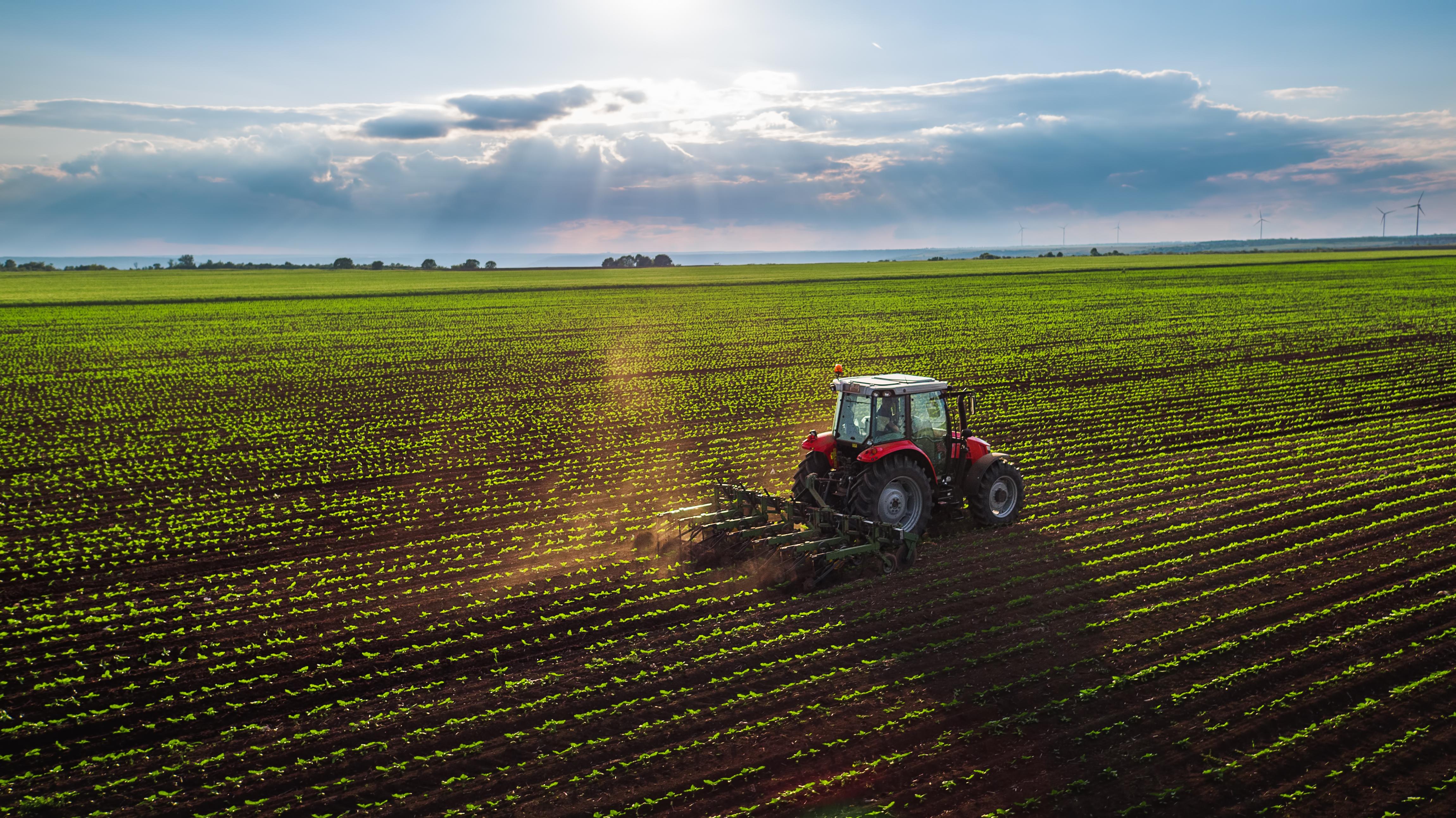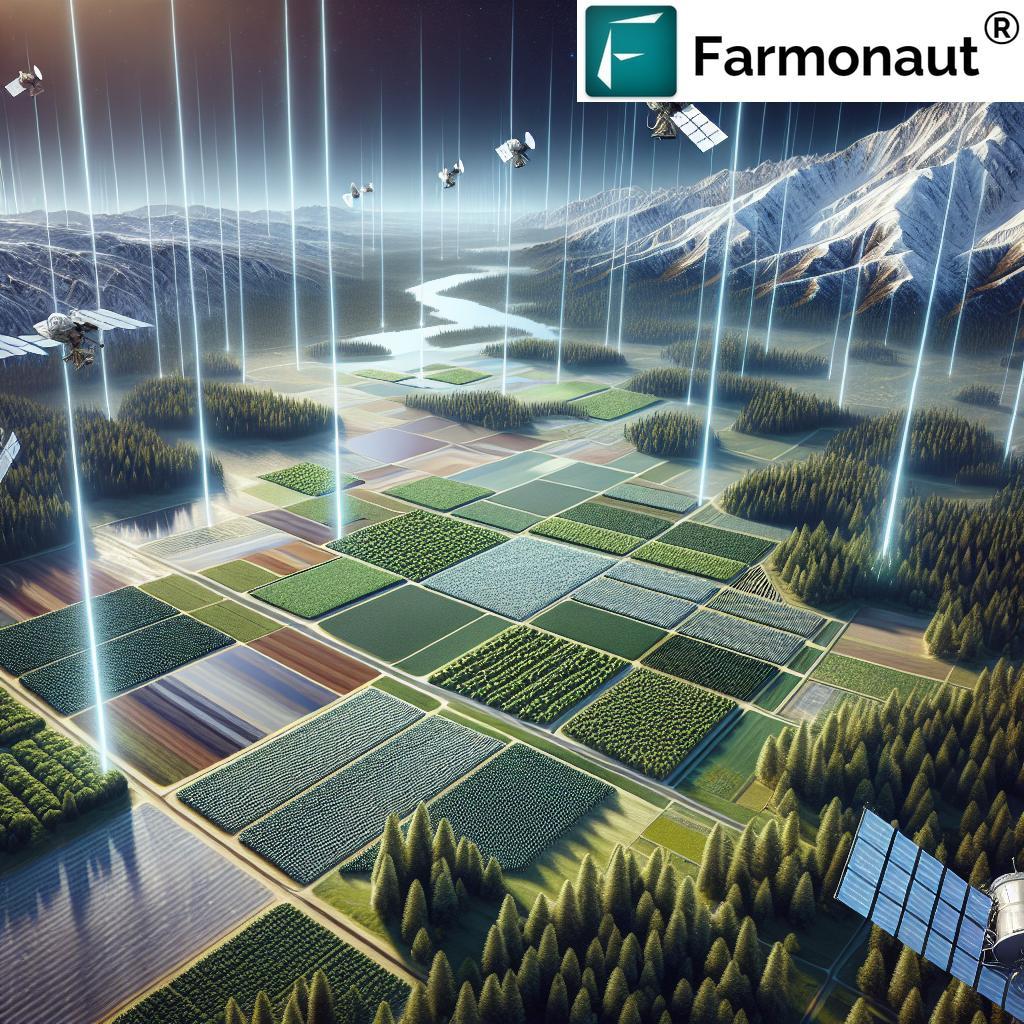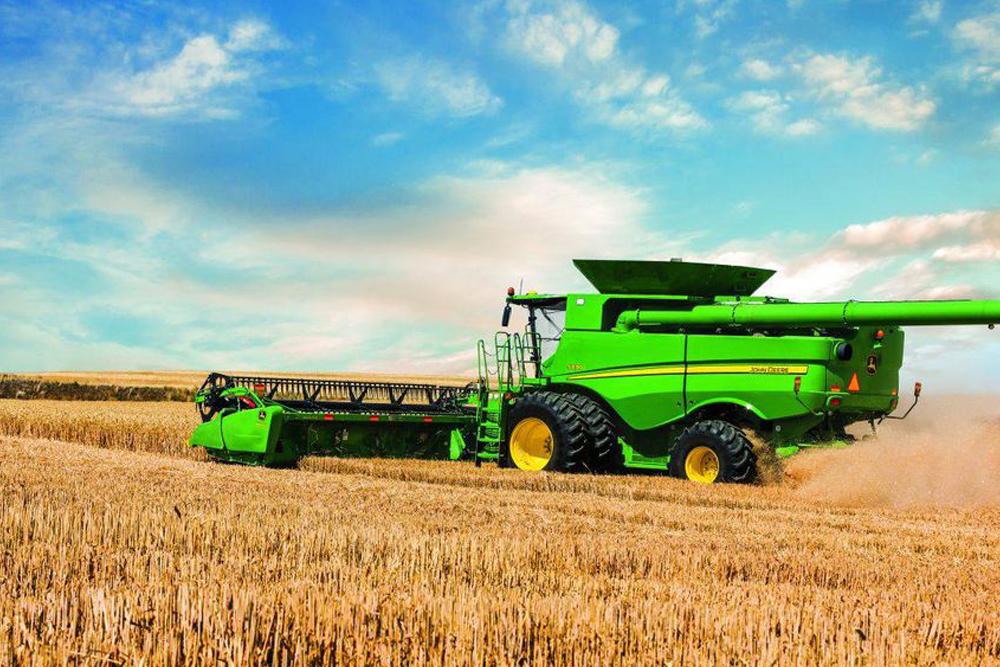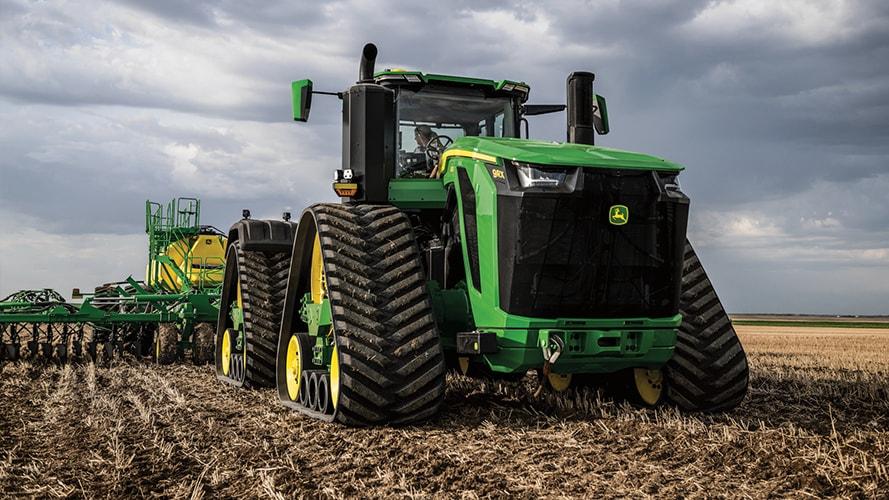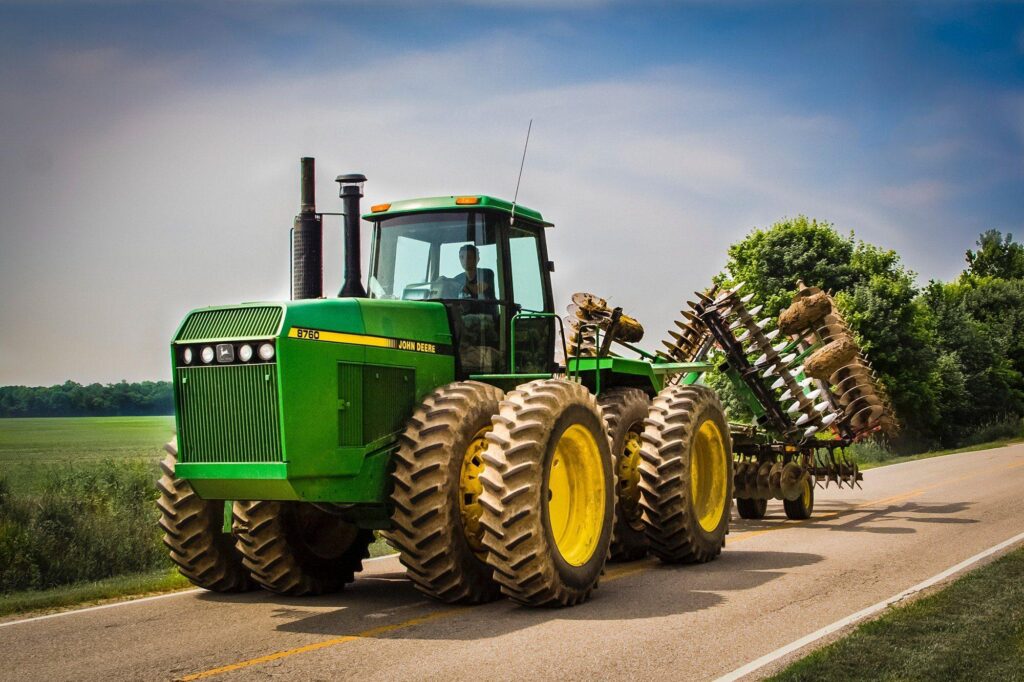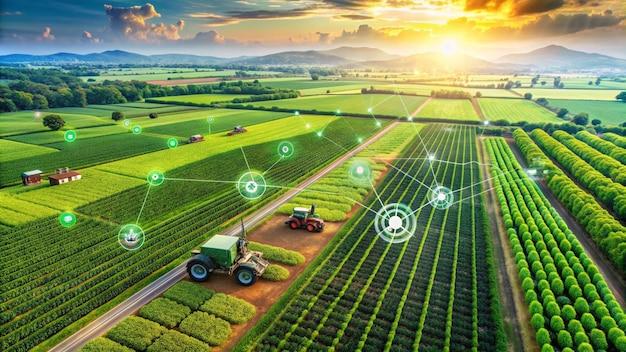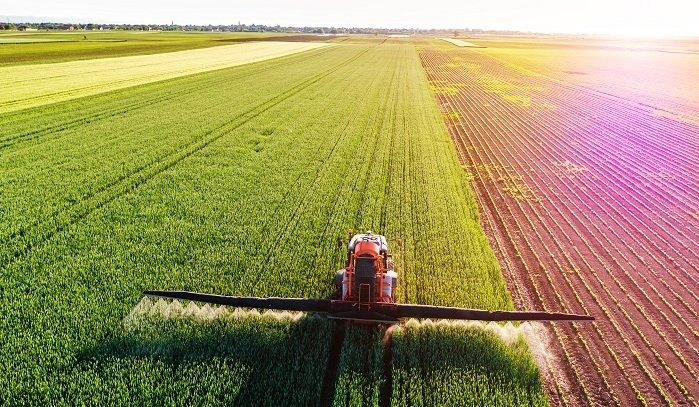The integration of artificial intelligence in agriculture marks a significant turning point in how we cultivate and manage our food resources. from autonomous tractors to precision farming systems, AI technologies are reshaping traditional farming practices across the globe. This technological revolution promises to address critical challenges such as labor shortages, resource optimization, and sustainable food production while enabling farmers to make data-driven decisions with unprecedented accuracy. As the world’s population continues to grow and climate challenges intensify, the emergence of AI-powered solutions in agriculture represents a crucial development in the modernization of farming methods. The integration of artificial intelligence into agricultural practices marks a pivotal conversion in how we cultivate crops and manage farmland. Smart sensors now monitor soil conditions, providing real-time data about moisture levels, nutrient content, and pH balance. These technological advances enable farmers to make informed decisions about irrigation and fertilization, optimizing resource usage while maximizing crop yields.
Machine learning algorithms analyze vast datasets collected from fields, weather stations, and satellite imagery to predict optimal planting and harvesting times. This predictive capability helps farmers mitigate risks associated with climate variability and changing weather patterns. Advanced computer vision systems equipped with AI can identify plant diseases, pest infestations, and weed growth at early stages, allowing for targeted interventions that reduce chemical usage and environmental impact.
Autonomous vehicles and robotic systems are revolutionizing traditional farming operations. Self-driving tractors, guided by GPS and AI, perform precise planting and harvesting tasks with minimal human intervention. Drones equipped with multispectral cameras survey fields, creating detailed maps of crop health and identifying areas requiring attention. These aerial systems work in tandem with ground-based robots that can selectively apply treatments to specific plants rather than entire fields.
AI-powered systems also optimize livestock management through automated monitoring of animal health and behavior patterns. Smart tags track movement, feeding habits, and vital signs, enabling early detection of illness or distress. This technology helps farmers maintain healthier herds while reducing labor costs and improving animal welfare.
The economic implications of AI adoption in agriculture are considerable. While initial investment costs may be high, the long-term benefits include reduced operational expenses, improved efficiency, and higher crop yields. Smaller farms can leverage AI-powered platforms to compete more effectively with larger operations, accessing complex analytics and management tools previously available only to major agricultural enterprises.
Environmental sustainability benefits significantly from AI implementation. Precision agriculture techniques reduce water consumption, minimize chemical usage, and decrease soil degradation. Smart irrigation systems adjust water distribution based on real-time soil conditions and weather forecasts,while AI-optimized fertilizer request prevents excess nutrient runoff into waterways.
Data integration platforms connect various AI systems, creating comprehensive farm management solutions. These platforms analyze facts from multiple sources to provide actionable insights for crop rotation, resource allocation, and market timing. Farmers can make better-informed decisions about what to plant, when to harvest, and how to optimize storage and distribution.
As AI technology continues to evolve,its role in agriculture expands beyond primary production to include supply chain management and market forecasting. Machine learning models analyze global agricultural markets, helping farmers anticipate price fluctuations and adjust production accordingly. This integration of AI across the agricultural value chain represents a fundamental shift toward more efficient, sustainable, and productive farming practices.